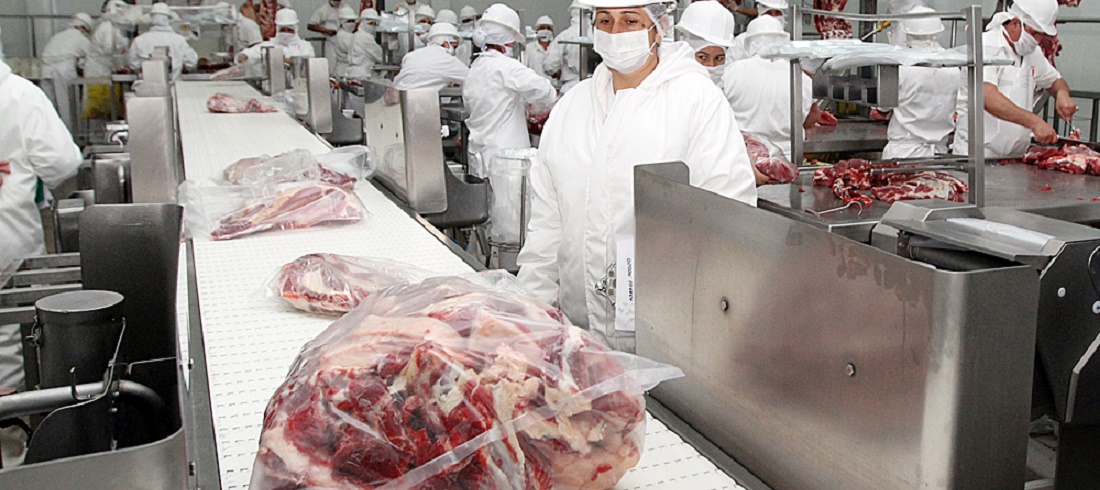
MAPA suspends beef exports to China
Sep, 06, 2021 Posted by Ruth HollardWeek 202135
MAPA (the ministry of agriculture and food supplies) suspended beef exports to China on September 4th. The measure complies with the sanitary protocol between the two countries to detect “mad cow” disease – even atypical cases, such as those confirmed in Minas Gerais and Mato Grosso. It is not clear when exports can be resumed, but the expectation is that the suspension will be short-lived. In 2019, when Brazil registered the last atypical case, sales to China were suspended for just 13 days.
Atypical cases – when the animal develops the disease spontaneously because of old age – were registered in Belo Horizonte and Nova Canaã do Norte. The confirmations by the Ministry’s Agricultural Defense Secretariat came after the re-test results were performed in Canada.
Brazilian Beef Export (HS 0202) to China and Hong Kong | Jan 2018 to Jul 2021 | WTMT
Source: DataLiner (To request a DataLiner demo click here)
“The two cases of atypical Bovine Spongiform Encephalopathy (BSE) – the technical name for mad cow disease – were detected during autopsies. These are cull cows that were of advanced age and were lying down in the corrals”, informed the Ministry.
In a statement, the Ministry recalled that the World Organization for Animal Health (OIE) “excludes the occurrence” of atypical cases in evaluating the “official risk status of the country.” Thus, Brazil continues to be considered an “insignificant risk for the disease, not justifying any impact on the trade of animals and their products and by-products.”
Source: Valor Econômico
To read the full original article, visit the link:
-
Ports and Terminals
Dec, 30, 2021
0
Portonave is recommended to obtain ISO 37001 certification
-
Trade Regulations
Sep, 16, 2021
0
Industrial representative organs unite to promote Brazilian agribusiness exports
-
Tank and Reefer
May, 12, 2022
0
Asia Shipping uses NOR containers to make up for the lack of equipment
-
Grains
Apr, 15, 2020
0
Chinese soy stocks starting to build up again after record lows in March


